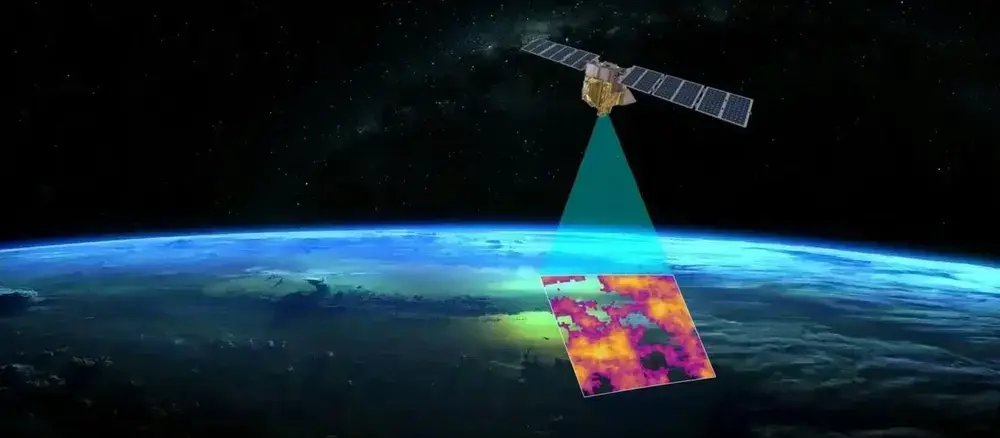On March 4, the innovative MethaneSAT satellite was successfully launched aboard SpaceX’s Falcon9 rocket. The satellite, backed by Google owner Alphabet Inc and the Environmental Defense Fund (EDF), has the important mission of tracking methane emissions from the oil and gas industry from space to combat climate change and slow global warming.
The MethaneSAT launch is a joint effort between Google, EDF, the New Zealand Space Agency and Harvard University. The satellite will use Google Cloud’s computing capabilities to process information and provide interactive data on detected methane emissions.
The 2021 G20 summit launched the IMEO program, a major climate change initiative that plans to create a global dataset on methane emissions. In January, the Biden administration proposed new rules requiring accurate reporting of emissions. The EU, Japan and Korea have committed to collecting empirical data on methane emissions from gas importers and suppliers. For this purpose, data from the European Space Agency’s Sentinel satellites and the tracking “constellation” of the Canadian company GHGSat are already being used. However, MetanSAT will provide more detailed information and have a broader coverage, so it can help combat methane pollution problems more effectively.
EDF commented that the project is of great importance to around 50 oil and gas companies, which pledged to reduce methane emissions at the COP28 summit last December. MethaneSAT will also be useful for those planning to comply with future EU and US methane emissions requirements, including a methane pollution tax.
Methane emissions are a serious problem in terms of the greenhouse effect, the power of this gas exceeds the heating capacity of carbon dioxide by 80 times. The oil and gas industry is one of the largest sources of methane emissions, surpassing emissions from agricultural waste and landfills.
To make information on methane emissions more accessible, interactive data will be available through the EDF website and the Google Earth Engine analytics platform. This will allow the public to monitor progress in the fight against methane pollution and encourage companies to reduce their emissions in response to the challenges of climate change.













